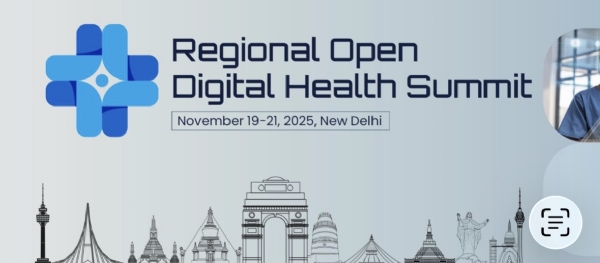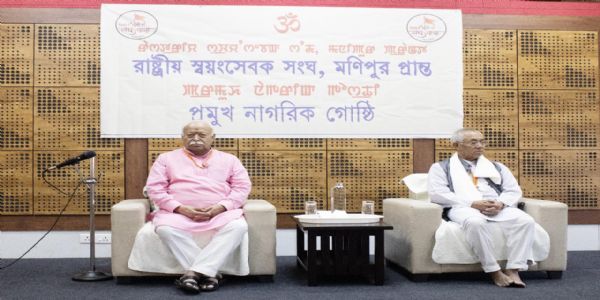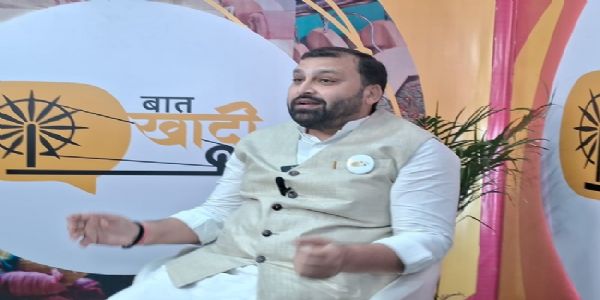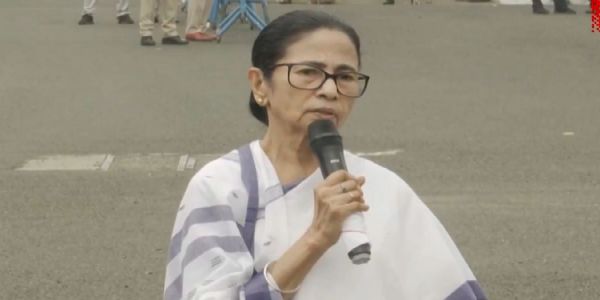
Delhi, 20 November (H.S.): The first day of the Regional Open Digital Health Summit, which began on Wednesday, centered on leveraging Digital Public Infrastructure (DPI), open standards, and emerging technologies like Generative AI to strengthen Universal Health Coverage across Southeast Asia. During the three-day event, participating nations reached a consensus on the future of digital health, emphasizing collaboration, technical standardization, and secure data management.
The summit, held in New Delhi, is a joint initiative by the National e-Governance Division (NeGD) of the Ministry of Electronics and IT, the National Health Authority (NHA), the WHO's South-East Asia Regional Office (SEARO), and UNICEF.
Senior officials and experts from several countries, including India, Bangladesh, Sri Lanka, Thailand, Nepal, and the Maldives, are in attendance.
Key Discussions and Outcomes
In the inaugural session, NeGD Head Rajnish Kumar highlighted the need for synergy between the Health and IT ministries to ensure national platforms like Aadhaar, UPI, CoWIN, and the Ayushman Bharat Digital Mission remain secure and interoperable.
WHO official Manoj Jhalani noted that the conference would enhance regional technical capabilities, while UNICEF representative Arjan de Wagt stressed the importance of focusing on the needs of communities, health workers, and children in digital health advancements.
Dr. Sunil Kumar Barnwal, head of the National Health Authority, remarked that India's digital framework has proven that large-scale public digital facilities provide tangible benefits to society.
Health Secretary Punya Salila Srivastava added that since health outcomes depend on factors beyond healthcare—such as education, nutrition, and sanitation—integrating the digital systems of various ministries is essential.
Technical Sessions
Expert-led sessions focused on the critical role of open standards, comprehensive frameworks, and DPI for digital health transformation. The importance of core digital infrastructures, including digital identity, payment systems, and data exchange, was a central theme.
Experts agreed that success in digital adoption must be measured by improvements in health outcomes and citizen empowerment.Discussions also emphasized the need for sustainable administrative reforms and trained human resources to implement the global health data exchange standard, FHIR (Fast Healthcare Interoperability Resources).
In a later session, India, Sri Lanka, and Thailand shared their experiences in developing their national health digital frameworks .
The day concluded with sessions dedicated to the potential of Generative AI in healthcare. Experts and institutions from India and abroad demonstrated how Generative AI can significantly improve efficiency, accuracy, and equitable access in health services. Demonstrations included AI-based clinical documentation, diagnostics, early cancer detection, multilingual patient communication, and advanced health modeling.
---------------
Hindusthan Samachar / Jun Sarkar







